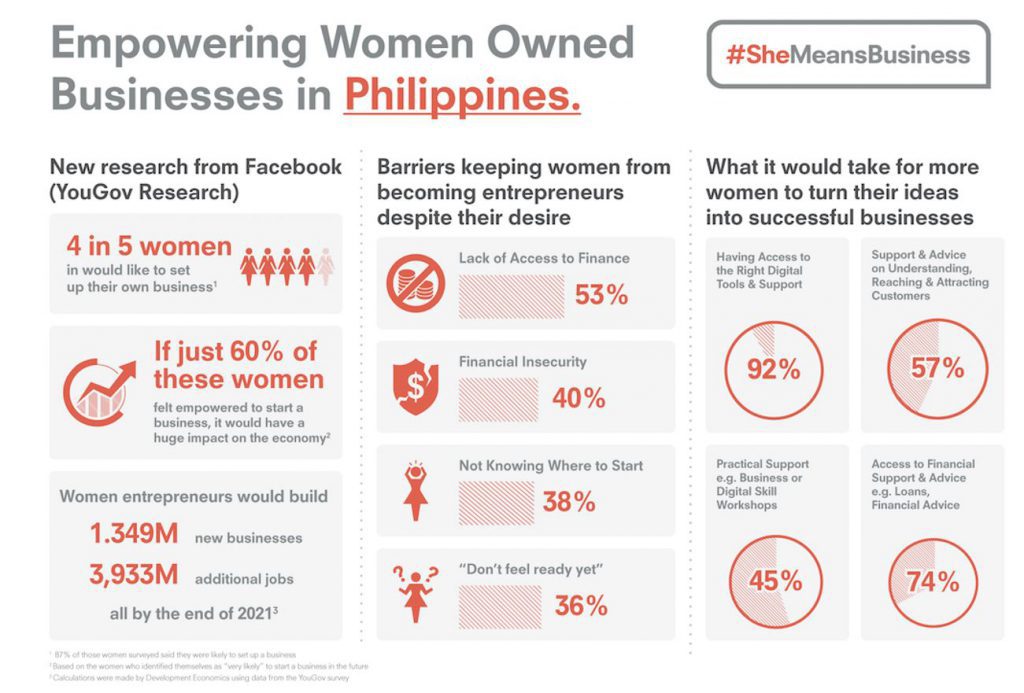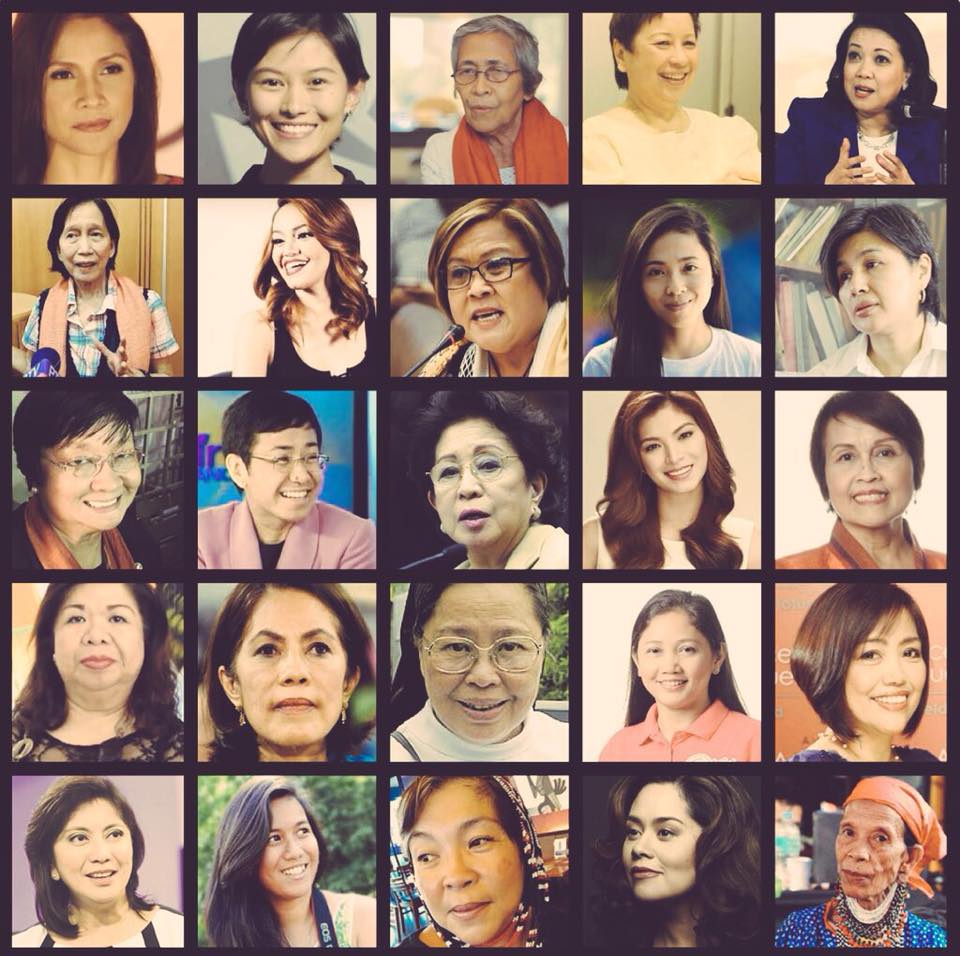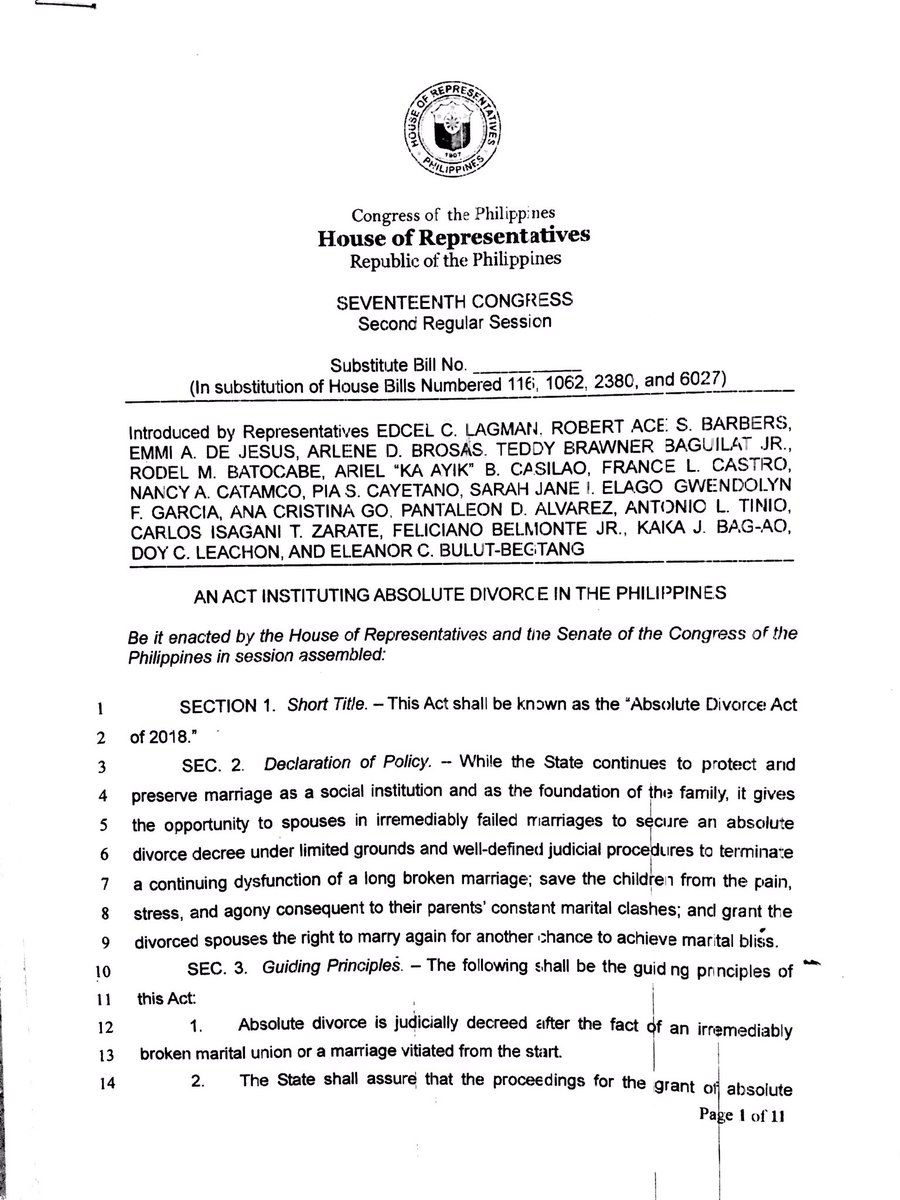Empowering Filipino women in the digital age
Women would rather empower themselves than wait for opportunities to open their doors. My children were in college when I realized I wanted to get back to the corporate world or research projects like I used to do. While scanning the classified ads in 2003, I read not over 30 years old… or not over 40 years old. How discouraging. Call center companies provided job opportunities for any age group along with other qualifications, but spending graveyard shifts was out of the question.
Blogging in 2006 opened doors for income opportunities in freelance writing, consultancy and as a resource person on digital parenting or citizenship. Imagine if the internet was available in the mid-eighties, I would have been a Work at Home Mom (WAHM) doing remote work. Most of my mommy friends discovered online work or gainful employment because of blogging. More women with internet access and a computer, work from home or own online businesses that provide services. Virtual assistant, content writer, social media/community manager, web designer and developer, graphic artist/designer, app developer, English tutor, digital marketing strategist, search engine optimization (SEO) specialist, voice talent and transcriber are just some options open to anyone. The WAHM benefit the most because of flexible work schedules. My friend who provides content for a lifestyle blog loves the flexibility of her work. She adds, “I can choose to work when I want to and where I want to. My work fits into my sense of work-life balance, and not the other way around.”
A study from YouGov research reveals 4 out of 5 women would like to set up their own business. If just 60 percent of these women felt empowered to start a business, it would have a huge impact on the economy. Women entrepreneurs are selling on online platforms such as Facebook, Lazada, eBay or Shopee. I spoke to some women who sell online right in the comfort of their own homes. Ms. Maria Rowena Pimentel, began her run at entrepreneurship 13 years ago. Despite managing business operations on a full-time basis, Rowena had the luxury of being a full-time mom. She left her original workplace to sell gadgets like digital cameras through the popular auction platform. “I can guide and teach my children and be with them anytime they want while still earning and even receiving higher than what I’ve been getting when I was still working,” she added.
READ: Opportunities and challenges of women in ASEAN
Gina Romero of Connected Women (connectedwomen.org) says 5 million women in the Philippines are not working because of family reasons. There is a huge potential to empower women who have online access. Connected Women provides training and jobs to qualified women in the Philippines struggling to find meaningful career opportunities due to lack of formal education, location or family commitments. Opportunities in technology await women leading to employment or entrepreneurship.
Virtual assistants (VAs) or writing services: The standards for Virtual assistants and writing services require high precision and skills. Businesses like Connected Women match women entrepreneurs with VAs. Online websites like thevahandbook.com provide resources on how to be a virtual assistant or start a VA business.
Cheekie Albay left the hectic world of lifestyle publishing in Manila to be a hands-on single parent to her son in Davao City. She found her way back to her first love — writing, after many career failures. If you consider freelance writing, know of your rights and acceptable fees. The Freelance Writers Philippines Facebook group, the discussion group of the organization Freelance Writers’ Guild of the Philippines (FWGP) is a venue to exchange views on issues concerning the Filipino freelance writer.
Digital marketing: Connected Women’s WE-Train, WE-Match is a nationwide initiative intended to empower Filipino women and online freelancers with relevant technology skills to help them grow their businesses or get online work. Facebook provides the modules of learning through their #SheMeansBusiness program and rolled out across Tech4Ed centers nationwide. The Connected Women and Department of Information and Communications Technology Tech4ED Project also empower women and online freelancers by providing learning resources to help them gain skills for business and online projects.
Online small and medium enterprises (SME): If one does not have the skills in technology, an online Asean SME academy (asean-sme-academy.org), provides online access to training and resources developed and tailored to reach the needs of Small and Medium Enterprises operating in Asean. There are courses for startup, ready to export and growing enterprises. Course types are into finance/accounting, human resources, marketing, management, operations, technology, and trade /logistics.
Read : What is the digital divide?
Not all Filipinos are connected to the internet. Penetration rate stands at 71 percent based on the 2019 Philippine statistics from We Are Social. The digital divide is closing, but right now we need to close the divide between the digitally skilled and unskilled. The Asean ICT Masterplan of 2020, brings Asean toward a digital-enabled economy and women need to prepare themselves with the knowledge to work at home.
Originally published in the Sunday Business & IT on March 10, 2019.



